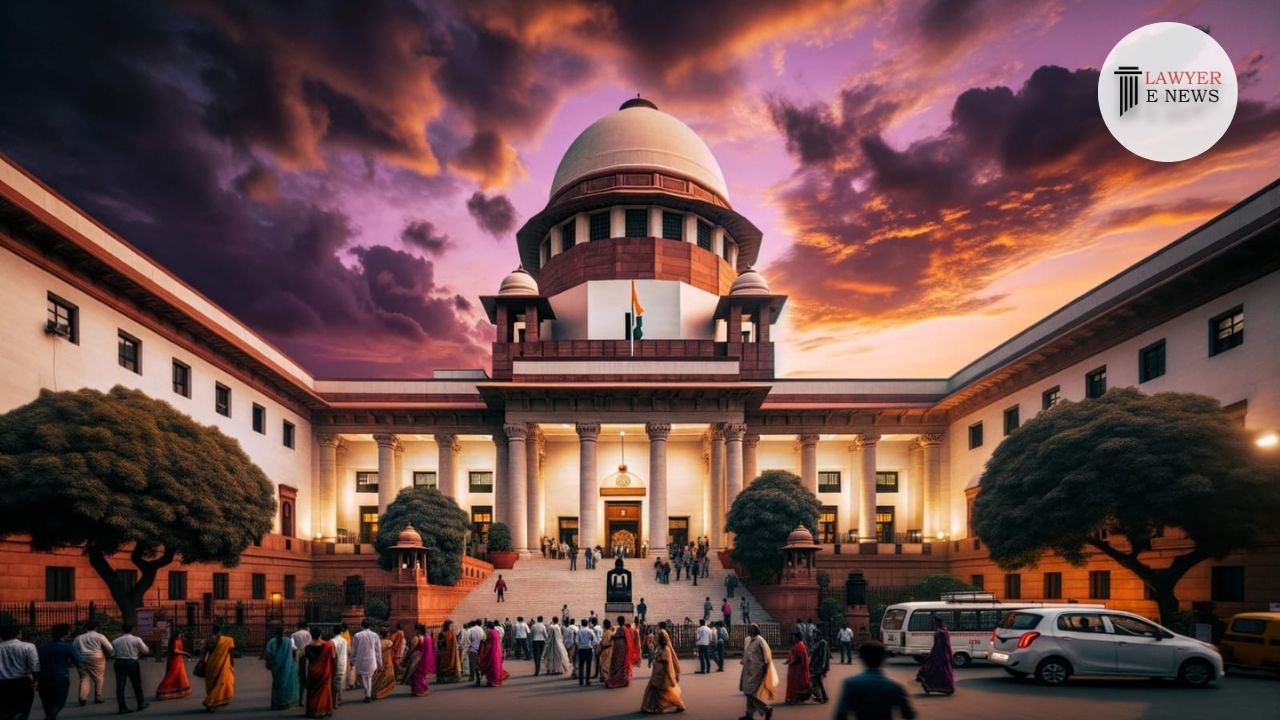-
by Admin
15 February 2026 5:01 PM



The Supreme Court in a landmark judgement reversed the convictions by the Sessions Court and High Court, highlighting the unreliability of eyewitness testimony and the improbability of the prosecution's narrative in a murder case under Section 302 of the Indian Penal Code.
The Supreme Court meticulously analyzed the reliability of witness testimonies, the veracity of the alleged motive and presence at the crime scene, and the handling of the extra-judicial confession. The Court highlighted major discrepancies and contradictions in witness statements and the lack of corroborative evidence, leading to the acquittal of the appellant, Dharambir @ Dharma.
Dharambir was convicted for the murder of Karambir based on eyewitness testimony by the victim's brother and an alleged extra-judicial confession. The motive was suspected illicit relations between the victim and the appellant's wife. However, the presence of Dharambir at the crime scene and his motive were not substantiated beyond reasonable doubt, leading to legal scrutiny by the apex court.
Reliability of Eyewitnesses: The Court noted "grave contradictions" in the testimony of the main witness, Krishan Kumar (PW-5), including discrepancies about the time of the incident and lack of physical evidence (blood stains) that could substantiate his presence at the crime scene.
Examination of Motive and Presence at the Crime Scene: The alleged motive was not only weak but also unsupported by any solid evidence. The accused's presence at the cinema at the same time as the victim was considered "highly improbable" by the Court.
Judicial Handling of Extra Judicial Confessions: The Court reiterated that extra-judicial confessions are inherently weak evidence and require significant corroborative support, which was absent in this case. The confession was discredited due to contradictions and the lack of corroborative evidence.
Decision: The Supreme Court allowed the appeal, quashing the previous convictions and acquitted Dharambir, citing the unreliability of key witness testimonies and the uncorroborated nature of the extra-judicial confession.
Date of Decision: 16th April 2024
Dharambir @ Dharma v. State of Haryana
